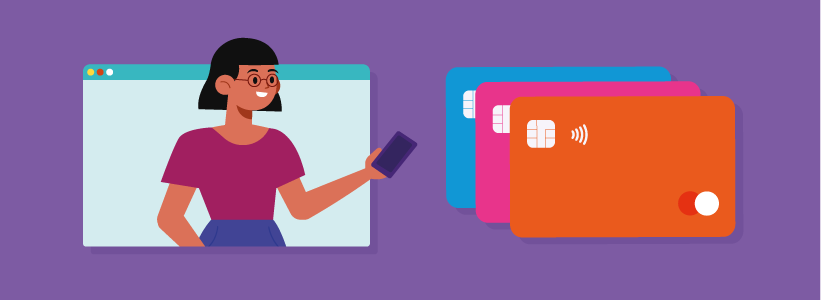Big data is big business. Smart technologies tailor services to your circumstances by processing your data: if your map app knows your location, they can provide you with better directions. If your music app knows your taste, they can recommend new tracks that you’re more likely to enjoy. The better the data that’s run through the technology, the better the outcome.
What is Open Banking?
Open Banking applies this idea to managing your money. Your bank knows a lot about you, like how much you earn, how much you spend, and what you spend it on. Think of what you could accomplish by running all that data through smarter technology — technology that can analyse, interpret, and organise your money in better ways than before.
With Open Banking, you can take all the data your bank has about you and pass it along to third parties. Tech companies can, with your permission, access and process your data to provide you with better services. You can also allow apps to make direct payments — again, with your permission — without having to give out your card details.
How does Open Banking work?
This is all done using what’s called an API, which allows banks, businesses, and other technologies to transfer data in a way they all understand. Without going into the technical ins and outs, APIs transfer specific pieces of data — like your name, account balance, and specific transaction details — which means it’s possible to share only what you need to share, without granting full access to all of your data.
This allows tech companies to create some pretty powerful tools to help you manage your money — tools that can do things like provide you with a better overview of your finances, track your money across multiple accounts, automate your accounting, and more.
New tools have been developed for banks, businesses, and consumers, all thanks to Open Banking. Tools like financial dashboards to help small businesses with their cash flow, sales, and finances; budgeting tools that track your spending and group expenses into categories; apps that let you link your accounts together to get all your digital receipts in one place.
What are the drawbacks of Open Banking?
Of course, there are drawbacks to consider as well. Open Banking is still new, so there are bound to be teething issues — and, as with all data-sharing technologies, there are security concerns, as well as new ways for tech-savvy scammers to try to rip you off. So long as you’re providing your data to someone you trust, and so long as they keep it secure, then you can weigh the risks against the benefits of the product or service provided.
Is Open Banking regulated?
Open Banking is subject to regulation, and you can check to make sure any company is a registered Open Banking provider before sharing your banking data. You can find these companies, and information about the apps they’ve created and the tools they’ve designed, on the Openbanking.org.uk list of regulated providers.
Innovation is all about creating something new, so the full impacts of Open Banking still lie in the future. As tech companies go on to create better and smarter tools, we’ll start to see what Open Banking means for the future of managing money.

